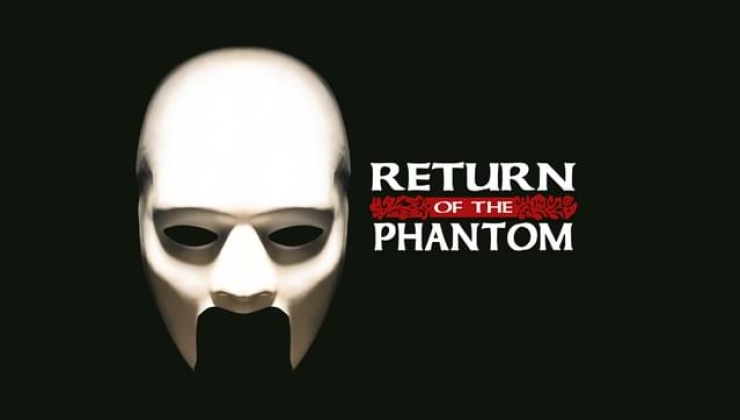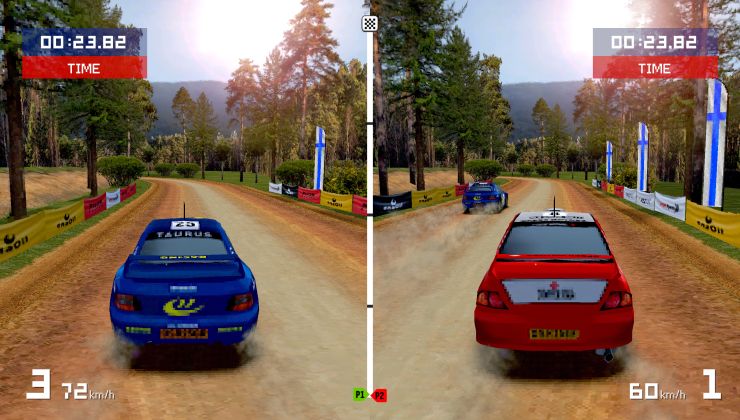Another classic game is getting closer to being fully playable natively on Linux. The project to recreate The Elder Scrolls II: Daggerfall in the Unity engine has hit an important milestone and now the the main quest is completely playable.
Daggerfall is the second entry in Bethesda’s long-running Elder Scrolls series of role-playing games and was originally released way back in 1996. It was an ambitious game, with thousands upon thousands of locations to explore in an virtual game area the size of a small real-world nation. It’s a game that I personally lost a lot of time to way back in the day and I’m happy to see that a project that allows me to play it natively on Linux is coming along swimmingly.
Daggerfall Unity hit the important milestone of having the main quest line be playable from beginning to end. In the post announcing this milestone, the main developer behind the project details how it’s taken nearly a year of development time to reach this point and it was probably the biggest hurdle to clear in the project. There’s still a lot left on the project roadmap including the magic system, important bits of the UI and things like vampirism that have yet to be implemented. Hopefully won’t be too long before everything else falls into place.
Currently the quest system is only available in the unstable builds, with further testing needed before a stable build is put out. Bethesda made Daggerfall free a few years ago to celebrate 15 years of the Elder Scrolls series, so you can download a copy directly from them.
You can try out Daggerfall Unity by grabbing a build here. There are also links there to acquire the game and see the code repository for the project.
Thanks for the tip Sasa.
Quoting: LakortaCode doesn't have to work (at all or only by itself) to be open source.
Sure, you need non-open source software in this case to get a playable result, but that doesn't change the fact that the project itself is open source.
As I said, if you don't care about the playable result - it's good enough. It doesn't seem to be useful though in such case.
Quoting: ShmerlYou can still use the code to learn from it or use it for other projects (considering that it's MIT licensed) so it's not completely useless (also you could theoretically port it to another engine even if I doubt that anyone would do that).Quoting: LakortaCode doesn't have to work (at all or only by itself) to be open source.
Sure, you need non-open source software in this case to get a playable result, but that doesn't change the fact that the project itself is open source.
As I said, if you don't care about the playable result - it's good enough. It doesn't seem to be useful though in such case.
So, where exactly is the problem here? The project is open source, if you don't like what it does either change it, or, if the current maintainers don't want your changes, fork it and then change it how you see fit.
The very fact that you actually can do this is in itself all the evidence you need to call it open source.
If it weren't, you would have to follow through and tell any open source program that currently only has a Windows version and uses the Win32-API (or XAML/WPF, or whatever else) that they aren't an open source project.










Oh and the name doesn't mean anything but coincidentally could be pronounced as "Buttery" which suits me just fine.
See more from me